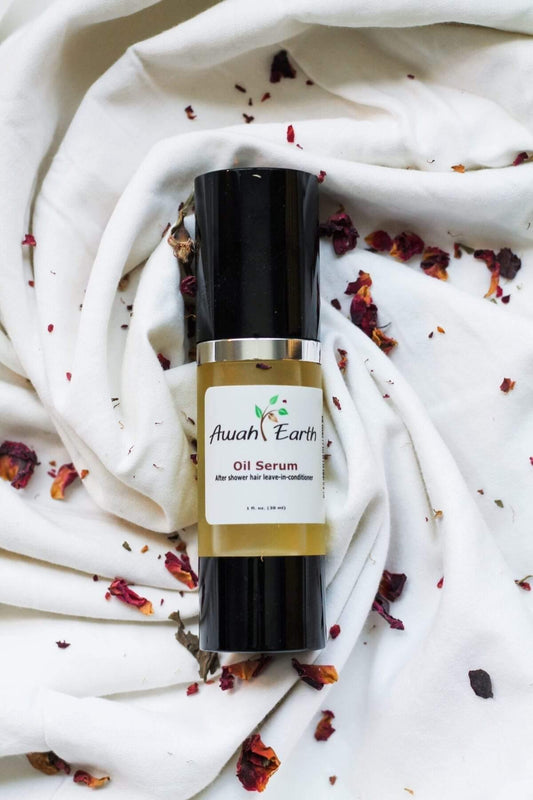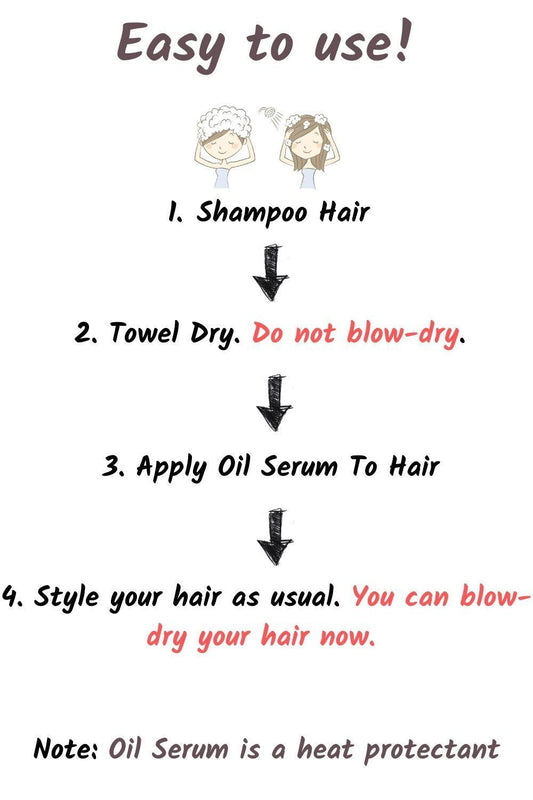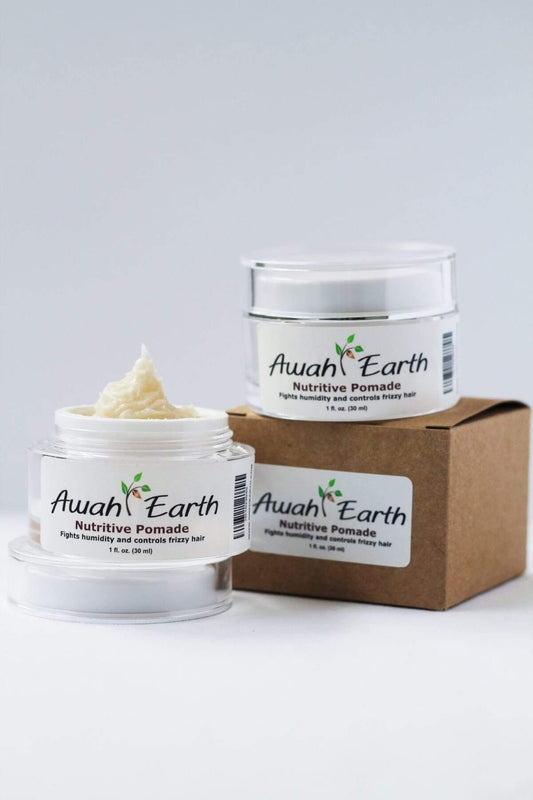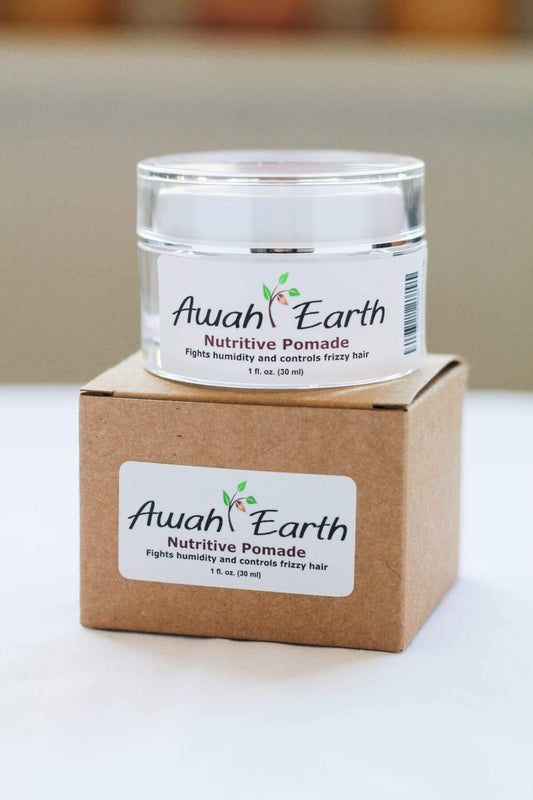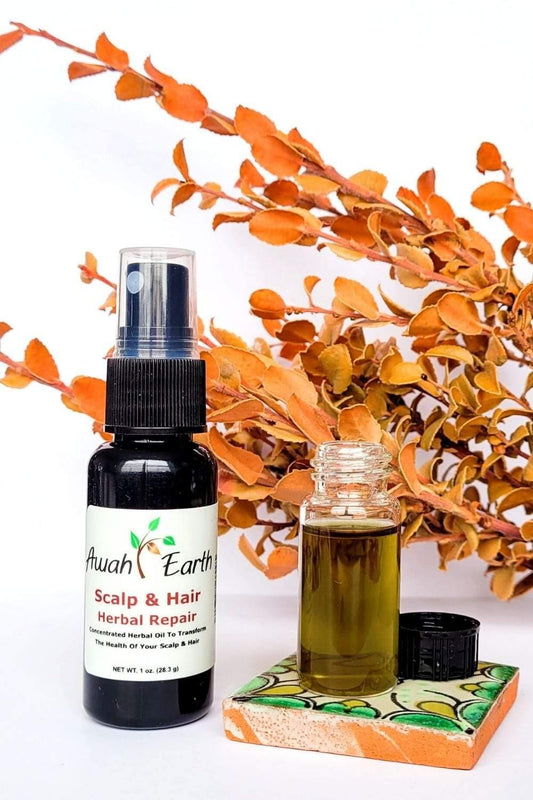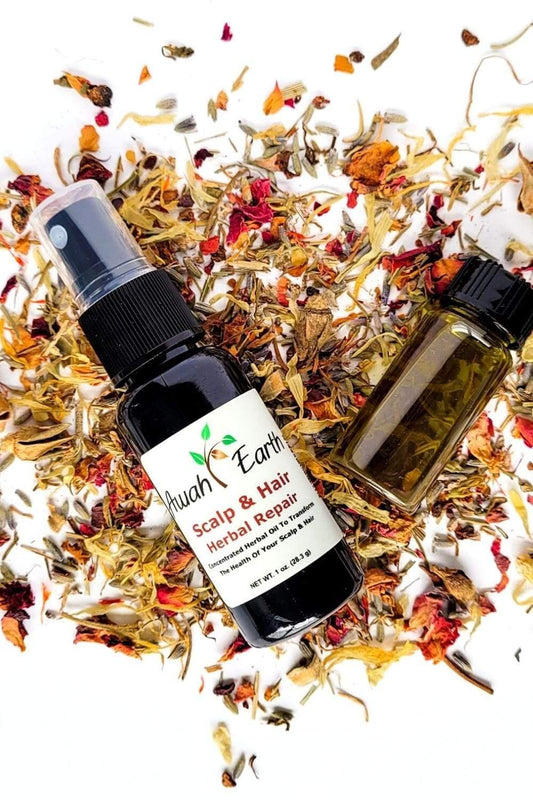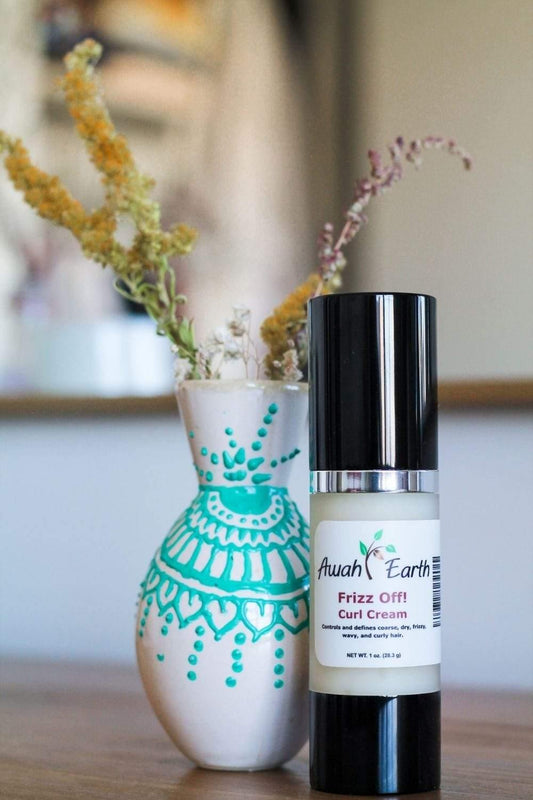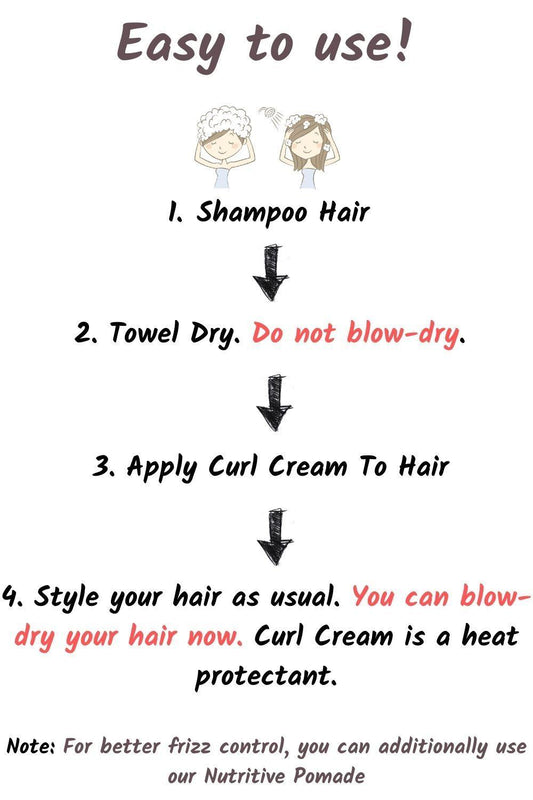Summary Of The Article
When buying hair supplements, you do not want to buy one with the following (unless your doctor advises it):
- Iron: can cause toxicity
- Zinc: can cause toxicity.
- Selenium: can cause toxicity, including hair loss.
- Vitamin A: can cause toxicity, including hair loss.
- Vitamin E: excessive intake may cause health complications.
You must discuss your concerns (about hair loss) with your doctor. Ask your doctor if you are deficient in any of the above nutrients. Only a diagnosed deficiency should be why you take these nutrients as a hair supplement. In addition to the hair loss, excessive intake of any of the nutrients listed above can lead to toxicity.
Make sure that you are not on some specific diet where you are limiting the intake of proteins, omega-3, and omega-6 fatty acids. There is some evidence that suggests that deficiency in these may cause hair to fall. You should try your best to get these nutrients from your diet. If you want to take a supplement for the omega-3 and omega-6 fatty acids (for people that don’t like to eat fish), I would recommend the following supplement:
You may take a hair supplement containing biotin but remember deficiency in biotin is rare in the USA. The recommended daily intake of biotin is 30 mcg/day. Most of the hair supplements in the market have much higher doses. If you decide to take biotin, you must inform your healthcare provider. Biotin interferes with many lab tests which could lead to a misdiagnosis. I would recommend the following brand for biotin:
If you are a vegetarian, there is a higher chance for you to be deficient in iron and zinc. Even though that may be the case, please do not start taking supplements for zinc and iron on your own. Discuss it with your doctor first.
Full Article
There are many hair supplements available that claim to help with hair loss. However, many of these are not beneficial. Unfortunately, there is a lot of fraud in over the counter hair supplements. In addition to posing health risks, many of these hair growth supplements may increase hair loss. For example, there is evidence to suggest that taking too much selenium could cause hair loss, which is found in many products. Let’s go over some of the nutrients that are included in hair care supplements:
- Iron
- Zinc
- Niacin
- Fatty acids
- Selenium
- Vitamin D
- Vitamin A
- Vitamin E
- Folic Acid
- Biotin
- Amino Acids & protein.
Iron:
Iron deficiency seems to play a roll in hair loss. Please do not start taking iron supplements on your own. A physician can only diagnose iron deficiency. Taking iron without a diagnosed deficiency can cause toxicity. Following are people that may have iron deficiency:
- Premenopausal women.
- Patients with any kind of blood loss (for example, gastrointestinal blood loss).
- Not being able to absorb nutrients due to disorder like celiac disease.
- Patients taking medications for stomach acidity like Prilosec or Pepcid.
- Vegans (iron from plant sources has lower absorption in our body).
Bottom line: if you are losing hair, you may want to ask your physician to check your iron level before you take any supplement containing iron.
Zinc:
Hair loss due to zinc deficiency is reversible. Again, please request your physician to check for Zn deficiency. Taking Zinc supplements without any deficiency may cause toxicity. Reasons, why one may have a deficiency in Zn, are the following:
- Not being able to absorb Zn due to bowel disease.
- Kidney or liver dysfunction.
- Taking certain drugs (like valproic acid).
- Being a vegetarian.
Bottom line: do not take Zn supplement on your own.
Niacin:
There is some evidence that niacin may play a role in hair growth. Niacin deficiency, however, is rare in western countries. The only people that might be deficient are alcoholics, and people that cannot properly absorb nutrients due to a disorder. Many of the foods we eat daily are fortified with niacin. Therefore, we do not need to take niacin as a supplement unless prescribed by a doctor for a deficiency or high cholesterol.
Fatty acids:
Polyunsaturated essential fatty acids like omega-3 and omega-6 fatty acids may play a role in hair loss. Studies show that Americans usually do not consume enough omega-3 fatty acids. The best way to take omega-3 would be from your diet. Coldwater fish (like salmon and sardines) and certain nuts or seeds (like walnuts and chia seeds) are high in omega-3 and omega-6.
Bottom line: Omega-3 and Omega-6 fatty acids should be part of our regular diet. Eating two servings of cold-water fish per week should be sufficient to meet our daily needs. Always try your best to take nutrition through your diet rather than pills. However, if taking omega-3 from your diet is difficult, there is no harm in taking a supplement for it.
Selenium:
There is minimal research done on selenium deficiency and hair loss. In fact, there is evidence that selenium toxicity (taking too much selenium) can result in generalized hair loss. Therefore, I will strongly recommend avoiding any supplement that has selenium as one of the ingredients.
Bottom line: avoid selenium supplement for hair loss.
Vitamin D:
There is not much evidence that links vitamin D deficiency to hair loss. However, it is still found in some supplements marketed for hair loss.
Bottom line: ask your doctor to check your vitamin D level. It would be unnecessary to take extra vitamin D if you are not deficient in it.
Vitamin A:
Like selenium, high vitamin A levels have shown to cause hair loss in humans. In addition to that, there is not much evidence to show any link between vitamin A deficiency and hair loss.
Bottom line: Consult your doctor before you decide to take vitamin A supplement.
Vitamin E:
There is not much evidence that links vitamin e deficiency with hair loss. Deficiency in vitamin E is rare. Therefore, supplements containing vitamin E for hair loss should be avoided by most people.
Bottom line: Do not take extra vitamin E supplements unless your doctor prescribes it.
Folic Acid:
Deficiency is not very uncommon. Just like niacin, many foods that we eat are fortified with folic acid. Therefore, there is no need to take extra folic acid unless it is medically necessary. In addition to that, there is no evidence links folic acid deficiency to hair loss.
Biotin:
There is no evidence that in the absence of biotin deficiency, taking biotin supplements helps in treating hair loss. It may only help if you are deficient in it, which is rare. Some of the reasons why one can face biotin deficiency are excessive use of antibiotics and taking certain seizure medications. Currently, there is no defined upper limit (maximum amount) for biotin. This basically means that as of now, there is no harm reported in people taking biotin above the required daily limit (which is 30 mcg/day). If you decide to take a biotin supplement, please make sure that you tell your healthcare provider. Biotin interferes with many lab tests and could lead to a misdiagnosis.
Amino acids and Proteins:
Reduced protein intake can result in hair loss. There is no reason to take protein from supplements for a healthy individual. Protein should be part of our daily diet. It can come from plants (such as soybeans) or meat. If you are losing hair and are on some specific diet with low protein, you might want to reconsider that.

